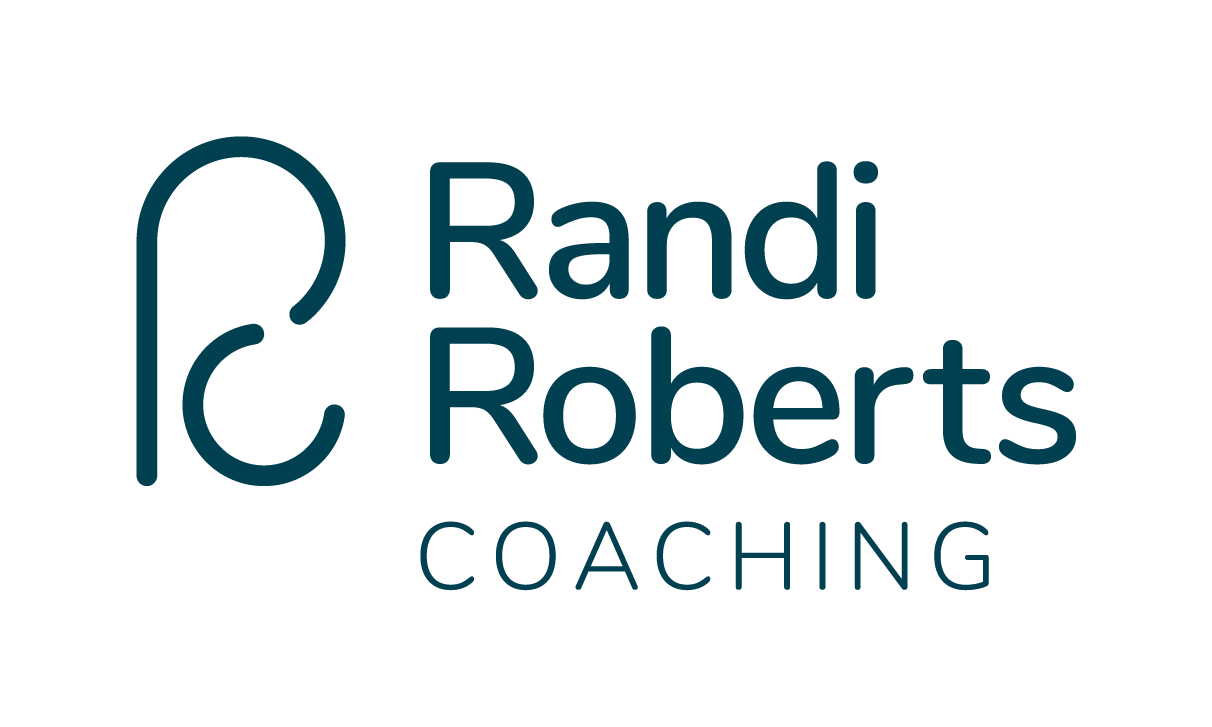3 TIPS TO ACHIEVE BETTER BALANCE
Work-life balance.
It’s a concept that I love but the way that it’s phrased is not my favorite. It implies that work and life are two separate things.
Work is part of our lives in the same way that family, friends, food, music, etc. are. For myself and many people that I work with, work is a big part of our lives.
I just like to think of it as an overall life balance. A balance of stress and relaxation. A balance of challenge and contentment.
From a physics perspective, balance is what allows an object to sustain pressure and adjust to outside forces without falling. I love this analogy when it comes to life balance because it’s essentially the same thing.
Balance is what helps you to recharge your human batteries. For me to achieve balance, I need to spend quality time with friends. I also recharge best in my happy place: by a lake in the mountains. This balance helps me to sustain pressure, adjust to outside forces, and stay upright in other areas of my life.
What do you need to stay upright?
What keeps you balanced?
If you don’t have an answer to that, you’re likely someone who needs to know it the most. My challenge to you would be to find the answer.
In most cases, balance is under our own control. It often may not feel like it. There is always more to do, but when it comes down to it, balance is a choice you make.
You don’t need balance all of the time, but you do need it over time.
Of course, you will have busy days, weeks, and maybe even months. It’s up to you to decide where you need balance.
Perhaps you can handle months of constant stress and busyness so long as the year overall, is balanced. You may need balance in shorter increments of time. If one week feels extra jam-packed, you might need to block out a day the following week to re-charge. How balance is achieved varies from person to person.
What are some ways you can choose balance? Here are a few ideas:
Unplug
Technology has certainly made aspects of our lives and careers easier. But, it has also created a culture of constant accessibility.
With a phone in your pocket, you are able to check your calls, texts, and work emails at any point throughout the day. This includes when you are eating dinner with your family, when you’re watching your child play soccer, when you’re on vacation, etc.
You may feel that because you are constantly reachable that there is an expectation for you to always respond. Constant pings and alerts distract you from your life outside of work. When that’s the case, you never really have a chance to relax.
Studies show that being on your phone during experiences - for example, going to the museum with your child - will make it less memorable and more lonely.
Structure It Into Your Day
Plan ahead for both your time at work and your leisure activities.
Keeping a calendar is helpful in maintaining balance. Your schedule can be written in a planner, a scheduling app, or your Google calendar - whichever keeps you on task most effectively.
If taking a walk at lunch will help you feel balanced, put it into your calendar.
If scheduling dinner with your family will ensure you get there, block off that hour.
Whether it’s something you do daily, weekly or monthly, make sure that you have the time that you need scheduled. Hold yourself accountable.
This also pertains to your work. Analyze your to-do list on a daily basis to prioritize tasks based on their importance and the time it will take to do them.
Also, pay attention to what times of day you are most productive. Plan to do your most important tasks during those hours. Using your time efficiently helps you feel productive, resulting in more free time and therefore better balance.
Set Achievable Goals & Prioritize
Always start small.
When you are feeling off-balance you have to flex some new muscles to find yourself balanced again. If you currently work through dinner and it is your goal to join your family for meals, don’t immediately commit to 7 days a week. Instead, start with 1-2 days and then once that feels normal, begin to work your way up to your goal.
Diving right in with a huge goal causes burnout and stress which is certainly counterproductive.
Similar Reading: Later Isn’t Guaranteed, Don’t Put Off Living a More Balanced Life
Balance is all about knowing what you need and creating it for yourself. When you feel most balanced, be appreciative and take note. Think of the steps you took to get there in order to recreate them next time you’re feeling off-kilter.
One of the eight pillars of my Career Satisfaction Assessment tool is “Balance”. This assessment is a guide that helps you rate different aspects of your career to bring clarity to areas where changes need to be made - whether that means switching jobs or making shifts in your current position.
Take the assessment and see where you fall when it comes to Balance. Then try implementing one of these strategies to bring up your score.



